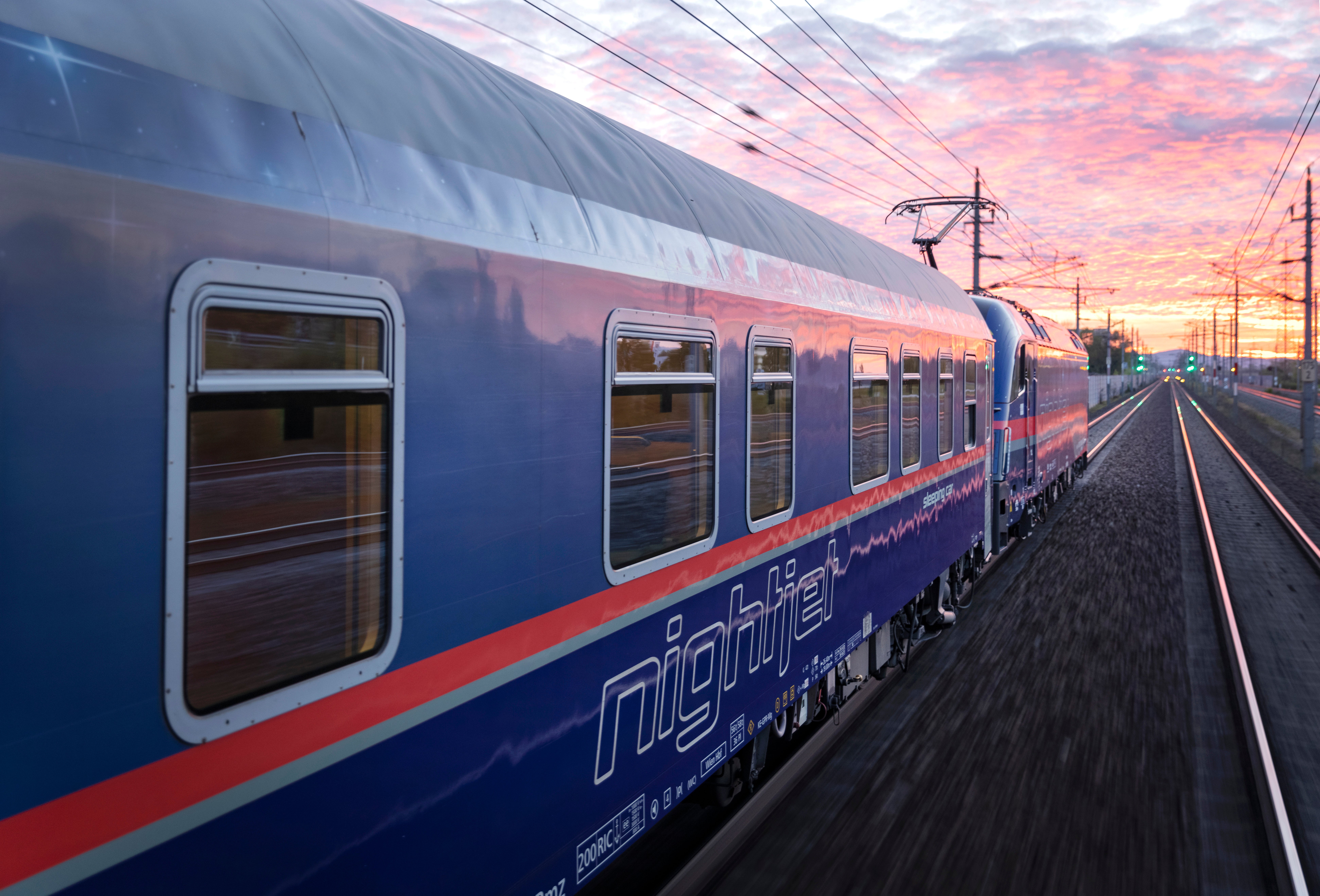What can you do and see on the Greek island of Thassos?
Simon Calder answers your questions on Greece getaways, overnight trains and National Rail


Q Things to do in Thassos?
PG
A Thassos is the northernmost Greek island. It feels a world away from the rest of them: tucked in close to the mainland in the Thracian Sea, about halfway between Thessaloniki and the Turkish border. Very few British travellers go there these days – yet half a century ago it was one of the most popular Greek islands for UK visitors. There was a simple reason: flying, even on charters, was expensive, and some coach companies made a business of driving British holidaymakers to Greece. Thassos was the closest isle and required only a short ferry crossing from the sleepy port of Keramoti.
Fortunately, for those pioneers, Thassos turned out to be beautiful and welcoming. This volcanic relic is the size of Rutland, but rather more vertical: the peak in the middle is higher than any in England. It is also more verdant than the archetypal Greek island, draped with thick pine forests.
Today Tui will fly you from Manchester, Birmingham or Gatwick to Kavala, about 10 miles from the departure port. The main town, also called Thassos, is where the ferry arrives. The attractive waterfront is lined with cafes where you can sip a coffee or beer and watch the fishing boats bobbing prettily in the bay.
You will not need to spend too long exploring the town before you discover a meadow strewn with antiquity – as well as an archaeological museum of a scale and depth that you would expect to find only in a decent-sized city.
The real appeal of Thassos is all about the coast. There are some excellent beaches – of which Golden Beach, about five miles southeast of the main town, will provide all you need. Even though this is the most popular stretch of sand, it never feels too crowded. Make a circumnavigation of the island, too. To appreciate the scenery and increase safety, go by bus rather than renting a car: the perimeter road is precarious.

Q Have you tried the Austrian Railways’ Nightjet overnight train? If you have, how was it?
Ian N
A Austrian Railways is to be applauded for almost single-handedly putting overnight long-distance trains across Europe back on the travel agenda. The vision – branded as Nightjet – has proved so successful that when France and Germany wanted their capitals to be reconnected with a sleeper service, they brought in Austrian Railways. I was in Paris when the first train arrived from Berlin in December 2023, and the international overnight link appears to be doing well.
The rolling stock for the Franco-German service looks distinctly 20th century, but the new trains that are being built for Austrian Railways are very impressive. In particular, the “mini-cabin” looks like a smart innovation: deploying the idea of a Japanese “capsule hotel” to create a space with a bed and enough room to sit up within the high-density confines of a train. It looks ideal for those of us who prefer not to splash out on a luxury sleeper compartment but appreciate a little more privacy than a six-berth couchette compartment allows (for the uninitiated, couchettes are fold-down beds stacked three high on either side of a compartment).
Having said all that, the only time I have travelled on a Nightjet train was for the relatively brief journey from Vienna to Linz one evening earlier this summer. It was in the seated compartment, and “day” passengers are allowed to use the service before it fills up for the night. I was rather glad not to be sitting up all night, as my fellow passengers would be, for the 11-hour long haul to Amsterdam or Hamburg.
Like a fair number of travellers, I tend to book quite late before departure – and when seeking a berth on a Nightjet a week or so ahead, I have invariably found the thing full. While it is commendable that the service is selling well, this indicates to me that Austrian Railways is not maximising revenue: airlines often raise fares shortly ahead of departure, and people who need to travel appear happy to pay for the privilege of committing late.
Most recently, last week I tried to book the Stuttgart to Venice sleeper but it was fully booked several days ahead. Instead, I flew with Ryanair; even with a hotel night before the 6am flight, I paid less than Nightjet wanted. My hope is that competition will thrive on the evident demand for overnight rail and that options for night travel across Europe will steadily grow.

Q Why are rail companies paying so many workers overtime? Just employ enough people to cover the required shifts.
“Olsburg”
A Your question is in reference to the revelation that hundreds of trains were cancelled on Sunday – the day of the Euro 2024 final – because staff exercised their right not to work on the Sabbath. But the answer is much more complex than simply agreeing (as I do) that train operators should employ sufficient staff to cover the scheduled service without overtime. The problem is Sunday – or rather employment contracts that say staff should not be compelled to work on the “Lord’s Day”.
Working on Sundays is currently governed by dozens of different agreements between the rail unions and train operators. The day is either “inside” or “outside” the working week. If the latter, then all work on Sundays is paid as overtime, often at a premium rate or with a guaranteed minimum number of hours.
Even when Sundays are outside the working week, staff may be required to work. That is because, for some train operators, Sunday working is “committed” overtime: if rostered, the member of the train crew must work unless they can pass on the shift to a colleague (who may be happy to earn the overtime).
But there are still many rail staff who can freely exercise the right not to work on a Sunday, even though it is now one of the busiest days of the week for train travel. Often this entitlement may be based on how long they have worked in the railway: on East Midlands Railway, train drivers who began their careers at British Rail are never obliged to work on Sundays.
Even within a single train operator, rules commonly differ for drivers and guards – and often date back to previous incarnations of rail franchises. For example, state-run Northern has multiple variations of “Sunday working dependent” on which side of the Pennines the crew member is employed and whether they are a driver or guard. And on GWR, conditions depend on which fragments of earlier train operators the crew member happens to work on: high-speed services, London and Thames Valley or Wales & West.
As you will see, this is a complete mess – and one that the new transport secretary, Louise Haigh, has vowed to address. I will be watching.
Email your question to s@hols.tv or tweet @SimonCalder
Subscribe to Independent Premium to bookmark this article
Want to bookmark your favourite articles and stories to read or reference later? Start your Independent Premium subscription today.





Join our commenting forum
Join thought-provoking conversations, follow other Independent readers and see their replies
Comments